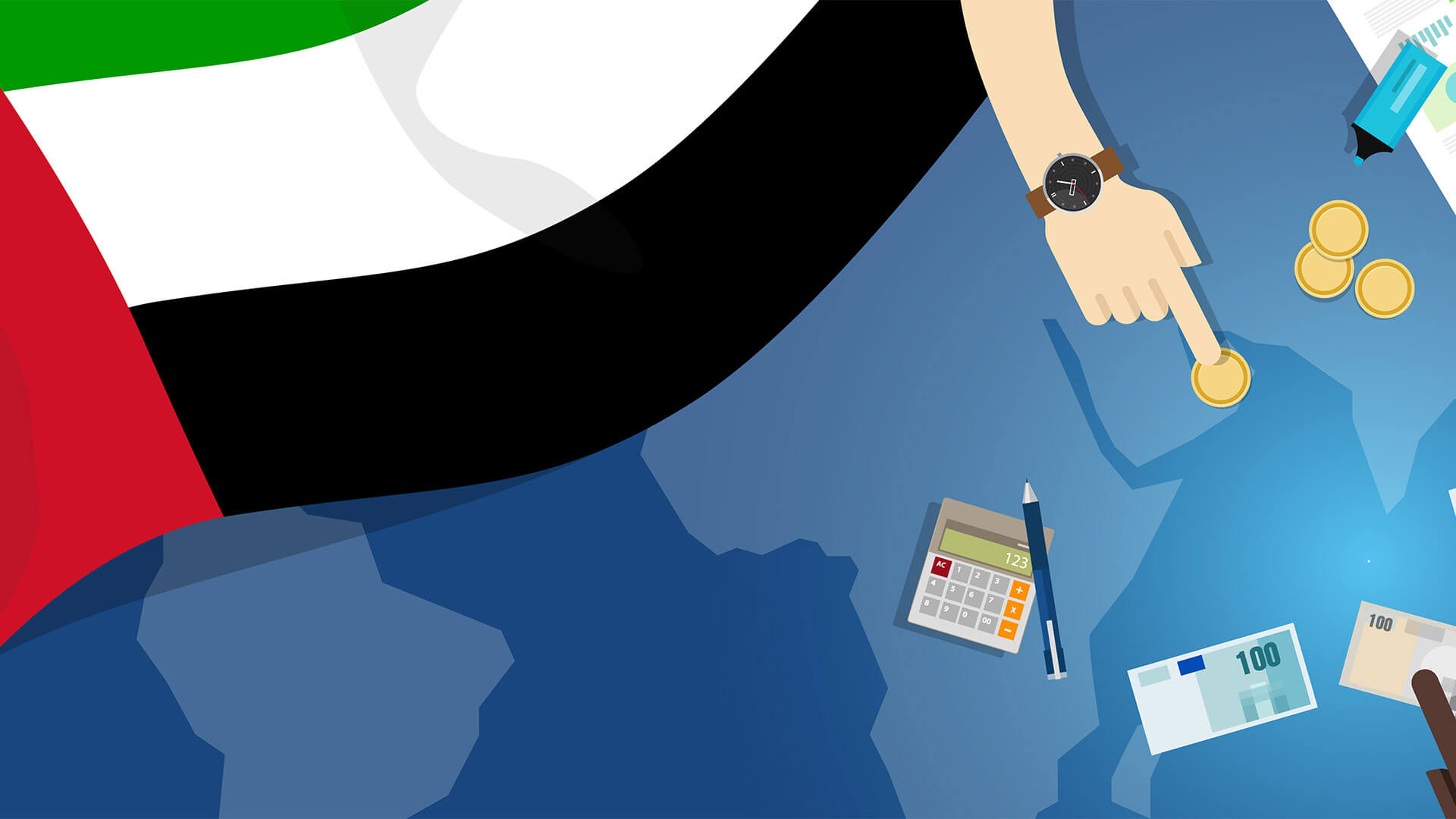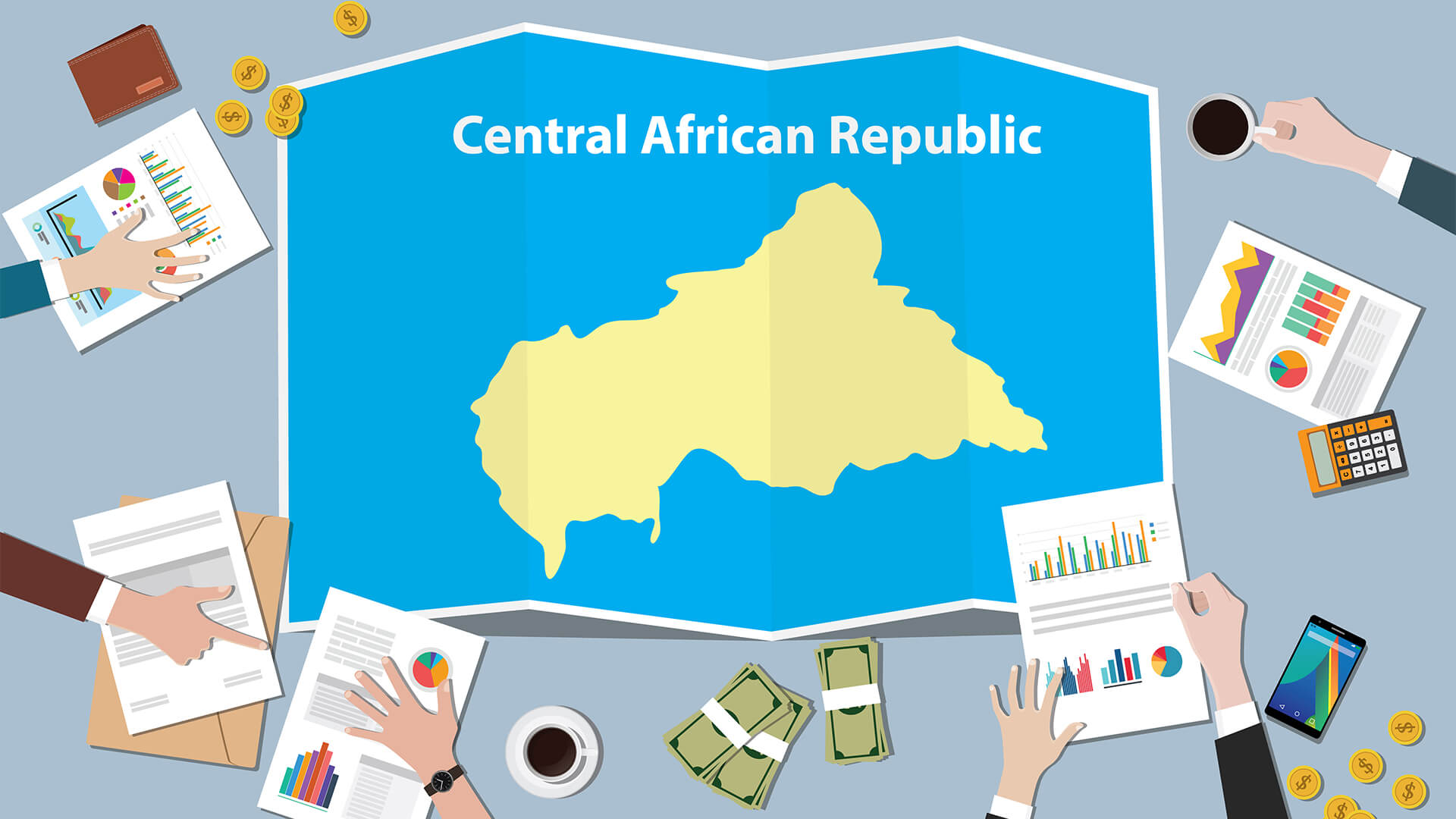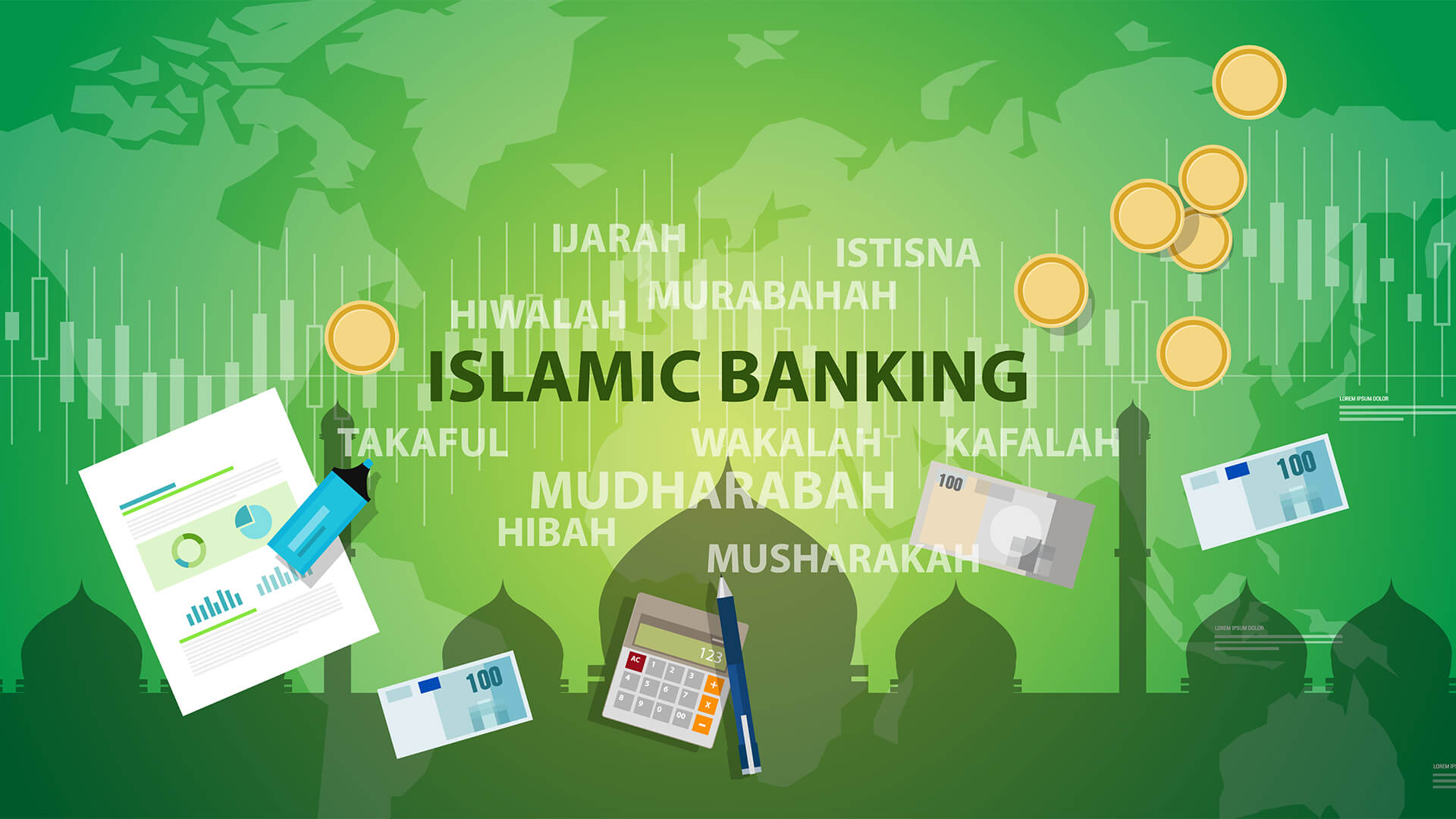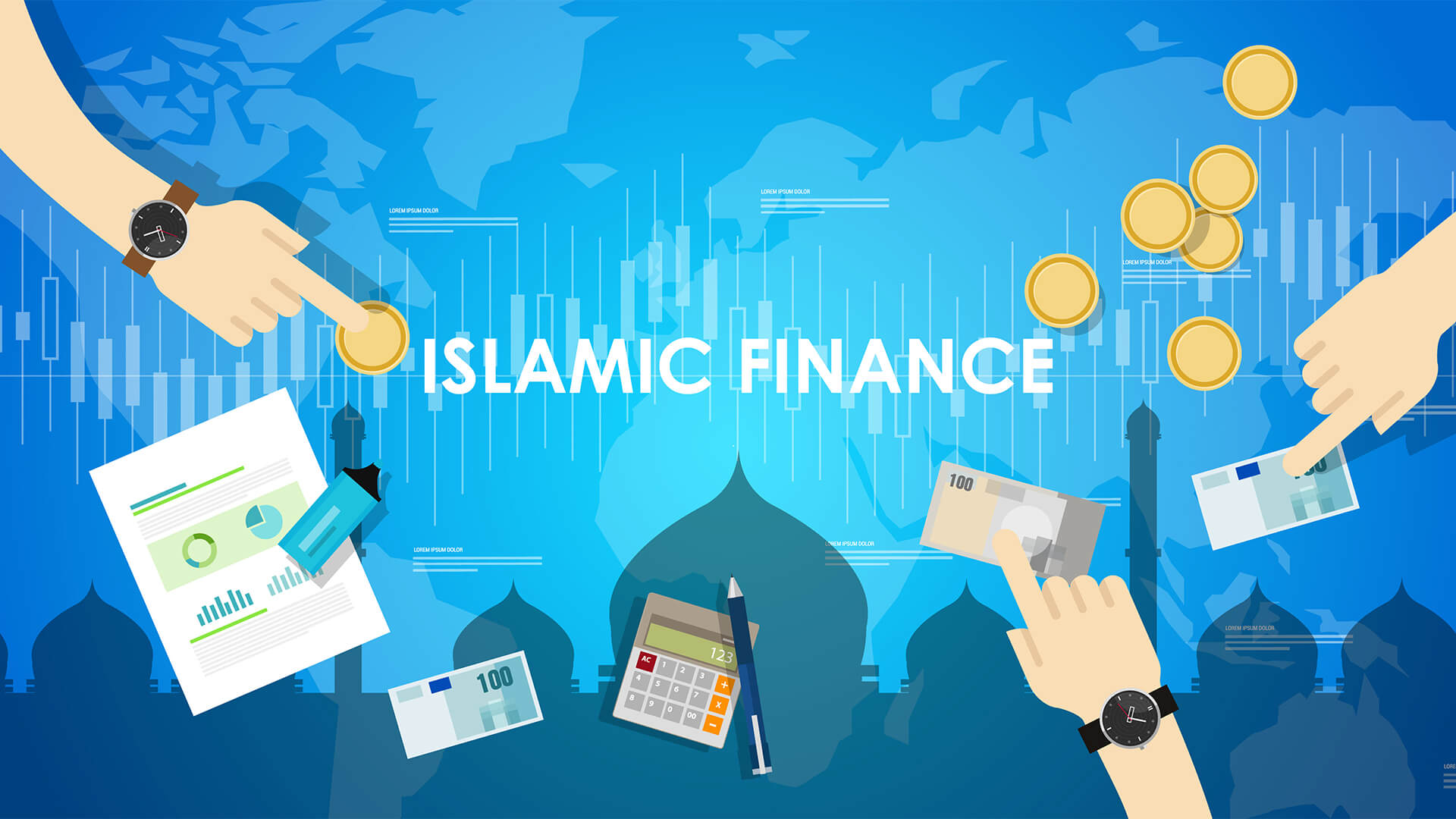
Finance and digital economy are key pillars that will drive the reform agenda of the Association of South East Asian Nations (ASEAN) and support the region’s economic growth in the coming decades, industry experts speaking at the Global Business Forum ASEAN in Dubai said today.
Organised by Dubai Chamber under the patronage of HH Sheikh Mohammed bin Rashid Al Maktoum, Vice President and Prime Minister of the UAE and Ruler of Dubai, the two-day forum explores investment and trade opportunities emerging across ASEAN markets, and positions Dubai as a global gateway for ASEAN companies.
Outlining priorities of ASEAN countries, a session titled Financing Growth brought together Stephen Moss, Regional Chief Executive Officer for the Middle East, North Africa, and Turkey (MENAT) at HSBC, based in the UAE, and Winfried Wicklein, Deputy Director General for the Southeast Asia at Asian Development Bank, based in the Philippines, both of whom joined the discussion remotely.
“The pandemic undoubtedly had a disruptive impact on the economy and adversely affected growth in South-East Asia, with the region registering a 4% contraction last year – its deepest in the last decade,” said Winfried Wicklein. “The good news is that we are expecting the region to bounce back with growth of more than 3% in 2022 and 5% in 2023. The economic recovery has been driven to a great extent by the bounce-back in the agricultural sector, as many of those who lost their jobs in tourism headed to agriculture.”
Wicklein went on to list four strategies that are necessary to lead the region’s recovery in the period ahead: “First, there is strengthening social protections, especially for vulnerable groups. Then strategy number two is to enhance the competitiveness of ASEAN’s business environment in order to attract further investments, including investment in human capital to build a competitive workforce and economy.”
“The third strategy is maintaining the ongoing digital transformation in order to generate jobs and income,” he continued. “And finally, there is ensuring that the recovery from the COVID-19 pandemic is green.”
For his part, Stephen Moss asserted that interest in ASEAN from the Middle East is at an all-time high, citing several reasons for this development. “First, if we look at ASEAN as one entity, it would be the third-largest economy in Asia and fifth-largest in the world; the region is also expected to become the world’s fourth-largest economy by 2030. It sits right in the middle of two of the world’s largest trade agreements – the CPTPP and RCEP.”
“Furthermore, exports from ASEAN are valued at over USD1.3 trillion – a figure that is expected to more than double to USD2.8 trillion by 2025, making ASEAN the world’s fastest-growing trade bloc,” he continued. “In terms of digital adoption, ASEAN already has one of the world’s most digitally enabled populations, with 40 million additional internet users reported in 2020 alone. The total number of users is expected to rise from 130 million to 300 million by 2030. This is not to mention the dynamic population, 35% of which are under 20 years old – a population that is fast moving into the middle class.
“Given all of this, we can see why investors from the Middle East are increasingly looking East towards ASEAN,” Moss concluded.
In the second session, ‘ASEAN’s Digital Landscape,’ Dr Ayesha Khanna, Co-Founder and Chief Executive Officer ADDO AI, a global artificial intelligence and big data firm that headquartered in Singapore and with clients and employees located in the Middle East, Asia and the US, discussed how digitalisation was underpinning the recovery from the pandemic.
She highlighted the ‘e-Conomy Southeast Asia (SEA) Report – Roaring 20s: The SEA Digital Decade,’ published by Google, Temasek, and Bain & Company in 2021, that revealed that 40 million new internet users came online this year, bringing the internet penetration in South East Asia to 75%, with eight out of 10 of these users having purchased something online at least once.
“Not only are people in ASEAN using digital more than ever before they are using it more frequently than ever before. It is not only the scale of penetration but also the depth of penetration as more and more digital services are added. That has risen to a sense of the digital decade for ASEAN – 2020 to 2030,” she said.
“One in three of these customers think that we would not have survived without these digital services – e-commerce, transport and food, and then to financial services and travel. As it matures, it comes to education and health-tech. We have seen great examples of how people are now, using more than four digital services than they were doing before the pandemic – food and grocery delivery have gone up the most, but digital merchants for all the centres are merging,” she added.
“The net positive impact that digitisation has on the country as a whole, benefitting both end users as well as the merchants and suppliers, range from job creation to business opportunities. More than 83% SME survey say it has created more jobs and if it weren’t for digital their revenues would have declined. In fact, six in 10 of them have said they would like to maintain the use of digital supply chain financing and consumer financing as the next thing to explore. What we are seeing is that we are in a position now to move beyond just consumer services to helping small businesses,” she continued.
Dr Khanna concluded by highlighting that in her base of Singapore, startups raised $11.2bn in the first nine months of 2021 – more than double raised in the whole of 2020.
“Singapore has made a great deal of effort to attract ASEAN unicorns. The country is one of the top investment destinations in south East Asia, from where family offices and investment offices, sovereign wealth funds can have a channel and exposure to all the growing startups, billion dollar value startups, across ASEAN. This is the opportunity that we see in both ASEAN and the Middle East as well, a flourishing of digital services,” she said.
GBF ASEAN forms part of Dubai Chamber’s flagship Global Business Forum series, which was launched in 2013 under the patronage of His Highness Sheikh Mohammed Bin Rashid Al Maktoum, Vice President and Prime Minister of the UAE and Ruler of Dubai, to provide Dubai’s business community with new opportunities and strengthen the emirate’s position as a dynamic global business hub. GBF ASEAN represents the latest in the programme, which also has GBF Africa and GBF LATAM under its umbrella.











